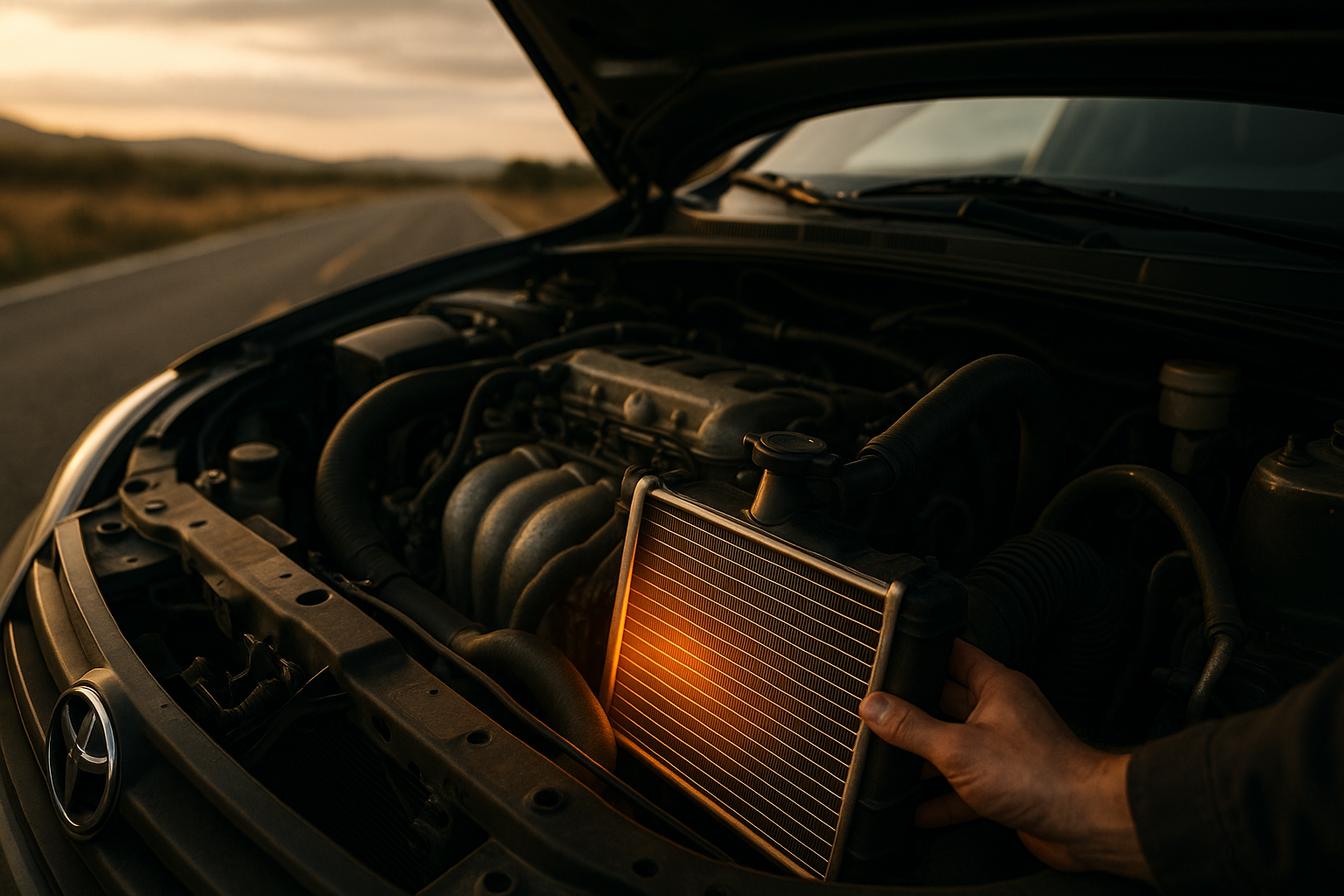Unveiling the Power of Advanced Engine Cooling Systems
Introduction: Imagine cruising down the open road, the hum of your engine in perfect harmony with the rhythm of your journey. Suddenly, the temperature gauge spikes — your engine is overheating. It's a vehicle's worst nightmare, and it's all down to the engine cooling system. This critical component is often overlooked but plays a vital role in a car's performance and longevity.

Discovering the Engine Cooling System
The engine cooling system is an integral part of a vehicle, responsible for maintaining the engine’s optimal temperature. Without it, the engine would overheat, leading to severe damage and possible engine failure. The cooling system operates through a series of channels in the engine block and heads, a water pump to circulate coolant, a thermostat to control the temperature of the coolant, and a radiator to cool the liquid after it has passed through the engine.
The Evolution of Cooling Systems
Early internal combustion engines relied on simple cooling methods. Initially, they were cooled by air. However, as engines became more powerful, they generated more heat, necessitating the development of liquid cooling systems. Modern vehicles primarily use liquid cooling systems, which are more efficient and provide better temperature control than their air-cooled counterparts.
Latest Trends in Cooling Systems
Today’s automotive industry continues to innovate and evolve, and the engine cooling system is no exception. Advanced cooling systems are being designed to improve efficiency, reduce weight, and cater to the increasing power of modern engines. For example, active grille shutters are being integrated into some vehicles, which open and close to control the amount of air reaching the radiator, enhancing aerodynamic performance and fuel efficiency.
Impact of Advanced Cooling Systems
The benefits of advanced engine cooling systems are multifold. They not only prevent overheating but also contribute to improved fuel efficiency, reduced emissions, and increased engine lifespan. However, these sophisticated systems also present challenges. Their complexity demands expert maintenance and repair, which can be costly, and they require high-quality coolants to function effectively.
The Future of Engine Cooling Systems
Looking ahead, the engine cooling system promises exciting developments. With the rise of high-performance engines and ever-tightening emissions regulations, cooling systems will play a crucial role in meeting these demands. Furthermore, as the adoption of alternative fuels and power sources continues, cooling systems will need to adapt and evolve, making this a fascinating field to watch in the coming years.
In conclusion, the engine cooling system, often an unsung hero in a vehicle’s anatomy, deserves recognition for its vital role in engine health and performance. As this field continues to innovate, we can expect even more efficient, intelligent, and adaptable cooling technologies to emerge, underpinning the future of automotive engineering.




